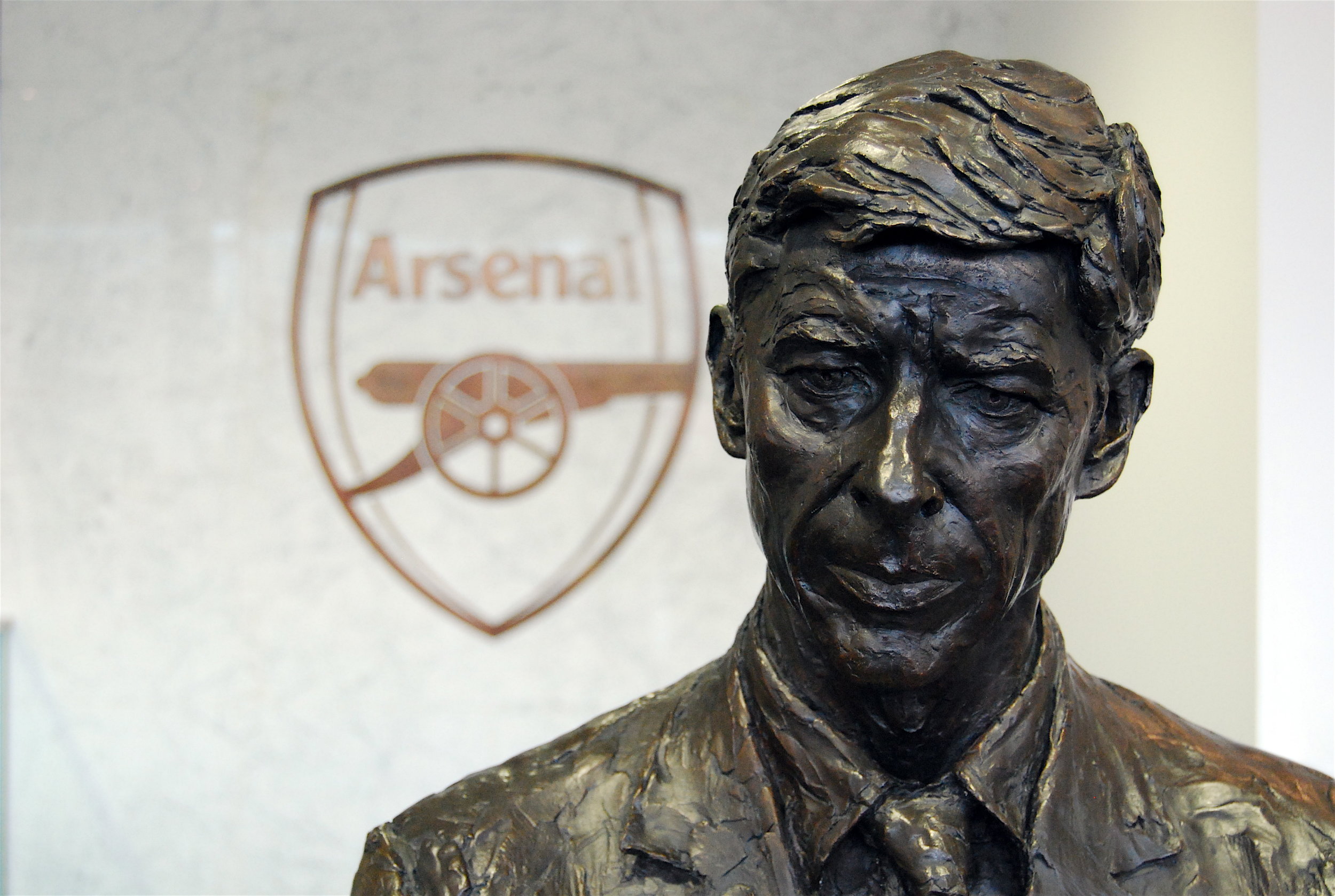A Natural Successor

This article can also be found on Football London and GFFN.
Following Arsene Wenger’s decision to finally step down as Arsenal coach, the club are left with pivotal decisions - ‘Where to next?’ And,perhaps more importantly - ‘How do we get there?’ Wenger revolutionised the club’s identity but, given the furore and farce surrounding his elongated tenure, do Arsenal adhere to the Frenchman’s ideals that have come to define the club or do they need a new direction? In Monaco boss Leonardo Jardim, they could have both.
In many respects, parallels between Wenger and Jardim are stark. They share a focus on young players, an eye for less obvious talent and an ability to make the most of comparatively weaker spending power. “A good coach is the one who makes the most of what he has available,” affirmed Jardim. Monaco is no ordinary club. Although Vice-President Vadim Vasilyev delved into Dmitry Rybolovlev's billions when the Russian oligarch first arrived, signing James Rodríguez, Joao Moutinho and Radamel Falcao, tact was swiftly changed. Now Monaco work in cycles, gradually building and carefully identifying younger players with a medium term peak in mind before selling their prize assets on at a profit, 300million was made last summer.
Last season’s bombastic Ligue 1 win which hastened the departures of Kylian Mbappe, Tiemoue Bakayoko, Bernardo Silva and Benjamin Mendy represented the culmination of the latest cycle, while an eye-catching run to the Champions League quarter finals in 2015, which helped hike up the price of Anthony Martial amongst others, marked the end of the previous side. On both occasions Jardim and Monaco were able to fairly cheaply assemble a talented squad, eek the best out of the resulting team and expertly develop that side.
Despite the similarities to Wenger’s ideas, highlighted in the success of Hector Bellerin and Laurent Koscielny, although more underwhelming examples also litter recent teams, Arsenal are, of course, not the profitising, feeder club Monaco have become. Meanwhile additions of Sanchez and Ozil to Lacazette and Aubameyang highlight potential for marquee signings, an area where Jardim is less experienced, Falcao’s glorious rebirth aside. While Arsenal espouse a clearly defined way of playing, Jardim admits he doesn't possess one of his own: “It’s easy to say ‘that’s my style’ when the season is successful. All coaches want to play nice football but sometimes it is not possible, we must be content to seek victory at all costs to give the players confidence and progress,” the Portuguese explains, “To have a style, it would be necessary to be able to keep our players each year, or to recruit others with the game which you want to practice in mind.” A business, Jardim admits, that is not Monaco’s and despite the free-wheeling form that won the title, Jardim’s teams have also spent seasons, successfully, boring the rest of Ligue 1 into submission. Whether Jardim can achieve under a prescribed philosophy remains to be seen.
Carlo Ancelotti, a fellow early favourite for the role, represents another path at this crossroads. A coach renowned for deftly handling egos and unwieldy clubs with finesse and more likely to provide the sooner success Arsenal fans crave after recent frustrations. Inhabiting the other end of the managerial spectrum to, say, Thomas Tuchel, where you'll also find Jardim, who had been heavily linked in the past (now very close to PSG), as more of a “project” manager. Jardim however, has proven that he is capable of quick wins and swift adaptation too.
Monaco are expected to maintain a certain level of success to sustain their model, regardless of any exodus. Despite the high turnover and the resulting changeable quality, Monaco have remained consistent under Jardim - again second place and the Champions League look likely despite strong challenges from Monaco and Marseille. Although those key players weren’t truly replaced, Jardim has moulded a much changed side them into an effective unit with surprising ease, and not for the first time. With the obvious caveats of stepping into a new club and a superior league, this supreme coaching skill could be crucial for Arsenal in the short term. A lack of an ability, or willingness, to adapt and evolve became a central criticism of recent Wenger teams. Not so with Jardim.
Jardim, astonishingly Ligue 1’s youngest manager at 43 despite more than 20 years coaching experience, represents a longer term outlook and a drive for quick success while mirroring many of the ideals which Wenger imprinted upon the club, although latterly failed to realise. He has everything needed to succeed at a bigger club. True glories however would take time with a manager who, admittedly, despite being one of the brightest is also one of the least charismatic coaches around, and remains a gamble but a gamble worth taking. Wherever Arsenal choose to go, Leonardo Jardim knows how to get there. His methods, however, may not always provide the spectacle Wenger desperately aimed for.




